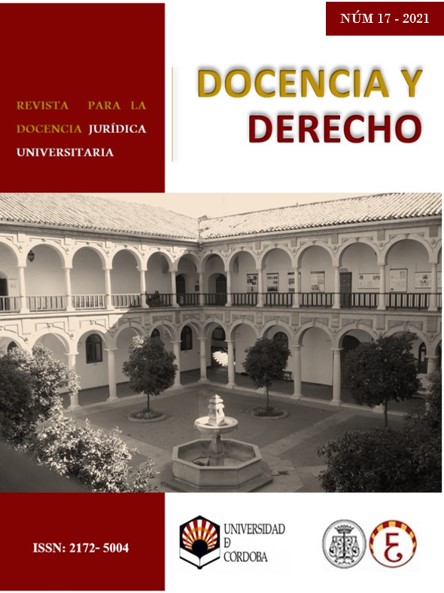Las bibliotecas digitales y virtuales en el derecho internacional de los derechos humanos: un motor para promover una educación innovadora, accesible e inclusiva
DOI:
https://doi.org/10.21071/redd.vi17.16640Resumen
El presente trabajo tiene como propósito la investigación del papel que las
bibliotecas digitales y virtuales pueden desempeñar en el marco del derecho a la
educación, considerándose éstas como herramientas capaces de promover la innovación
docente y nuevas oportunidades de aprendizaje. Se expone que la creación de una red de
bibliotecas digitales y virtuales, mediante la cooperación internacional, puede favorecer
la implementación de un modelo educativo inclusivo, accesible y solidario. Desde esta
perspectiva, se analiza el cuadro del derecho internacional de los derechos humanos,
haciendo hincapié en el derecho a la educación, en el derecho a la ciencia, y en las
correspondientes obligaciones estatales. Finalmente, se examinan la Digital
Transformation Strategy for Africa de la Unión Africana y el Plan de Acción de
Educación Digital, considerándolos como modelos interesantes a efectos de
implementar la teorización formulada.
Descargas
Descargas
Publicado
Cómo citar
Número
Sección
Licencia
El/la autor/a que publica en esta revista está de acuerdo con los términos siguientes:
- El/la autor/a conserva los derechos de autoría y otorga a la revista el derecho de primera publicación de la obra
- Los textos se difundirán con la licencia de reconocimiento de Creative Commons que permite compartir la obra con terceros, siempre que éstos reconozcan su autoría, su publicación inicial en esta revista y las condiciones de la licencia.




